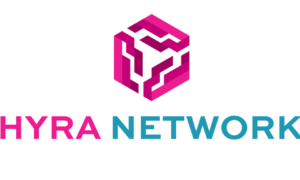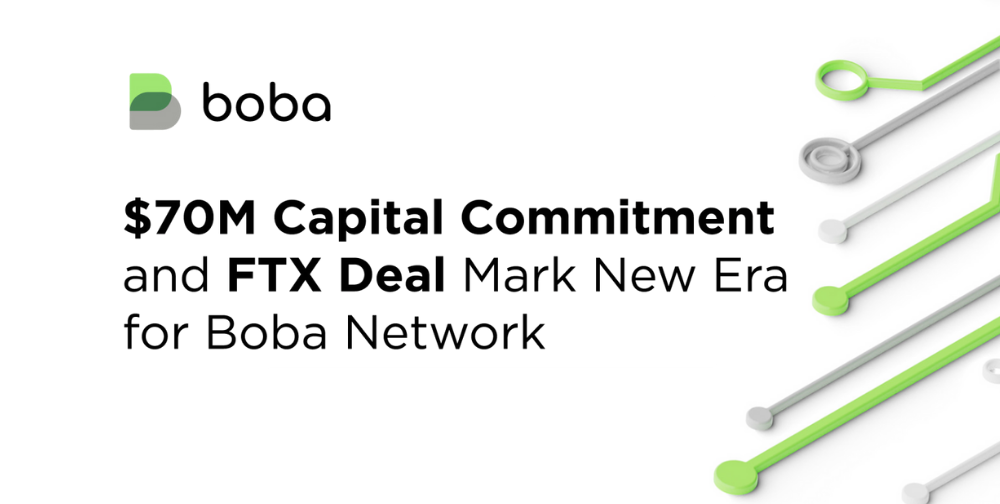Blockchain technology, which began as the foundation for facilitating trade and exchange of cryptocurrencies, is now expanding across a wide range of industries. The powerful public-ledger technology has taken the cyber world by storm. From $7.18 billion in 2022, the blockchain market is expected to reach a staggering $163.83 billion by 2029 at an overwhelming CAGR of over 56%. This decentralized virtual ledger can store and validate a large number of digital transactions and resist data alteration, making it one of the most secure means of recording transactions.
The increasing popularity of blockchain technology is evident in its widespread acceptance in a myriad of industries, and its usage as both public and private ledgers for transactions and record-keeping. The complexity involved in blockchain technology may initially be difficult to comprehend, but the profound benefits it offers have compelled major industries to take initiatives for implementing blockchain technology and facilitate greater transparency, data accuracy, and information integrity between stakeholders. As more industries benefits from blockchain technology, here are the top 6 industries blockchain will reshape and transform in the future:
1. Global Supply Chain Management
As more businesses go global post-pandemic, the supply chain has become one of the most data-driven industries, requiring greater data traceability at each phase of the entire supply chain – from sourcing raw materials to product delivery and return management. With a range of actors involved in a supply chain, blockchain technology can revolutionize the entire industry through increased transparency and security monitoring.
One of the greatest challenges in global supply chains is overcoming communication and language barriers in a multilingual market. Supply chain partners can leverage blockchain translation services to maximize participation, increase consistency with company value, and consequently improve return on investment.
2. Global Financial Services
Blockchain technology was primarily introduced to bypass the conventional banking system and provide greater transaction security and data transparency between parties. The potential benefits of blockchain technology have compelled financial services to adopt blockchain-based alternatives to counter fraud, increase integrity and accuracy, and bring additional security and convenience for end-users.
Renowned financial companies have invested heavily in blockchain technology to improve the efficiency of B2B cross-border payments, reduce transaction processing time, and settle large transactions between financial service providers. Investors are increasingly investing in initial coin offerings (ICOs) through crowdfunding and crypto exchanges, which will revolutionize conventional stock trading techniques.
3. Healthcare
Following banking systems, the healthcare industry deals with heaps of patient data daily. Since patient information, online transactions, health insurance, and other critical information are stored over central databases, a lack of security protocols and poor encryption techniques often result in data theft and misuse of private information.
Blockchain technology eliminates the need for central storage by using decentralized public and private ledgers. Using this technology in healthcare will enable fast access to data and increased security. Since data cannot be modified, it will be nearly impossible for hackers to corrupt health records and transaction information.
Blockchain technology will also assist in identifying fake medications. Since data is uniformly distributed across decentralized blockchain nodes, a medicine’s origin, authenticity, and movement through the supply chain are easier to track.
4. Government
Public service management is another potential area where blockchain technology can help minimize manual operations, reduce fraud, and promote accountability. Critical public records like land registration, digital asset registries, voter information, tax payments, state security, and law enforcement can benefit greatly from blockchain technology.
Voter Integrity
Public ledger systems can put an end to voter fraud, making online voting more reliable and secure. People will be able to vote online without revealing their identities, and officials can count votes with precision and accuracy. Once a vote is added to the public ledger, it will be impossible to alter it.
Arms Tracking
Safe arms use has become a major concern for governments, and there has been an increase in shooting incidents worldwide. Blockchain technology can assist governments in verifying gun ownership and use. In the case of illegal use, it would be easier to trace the origins of weaponry.
Law enforcement and state security
Law enforcement and state security are other potential areas that can use blockchain technology to its advantage. In police investigations, blockchain technology will help maintain evidence integrity and preserve record essential for the case. Since information saved in public ledgers cannot be altered, law enforcement agencies will get extra protection in the evidence-handling process. Using blockchain technology, law enforcement agencies can also identify suspicious financial activities.
Public Assistance
Public assistance is an important area of governance that can greatly benefit from blockchain technology. Governments can track developmental project funding, deliver humanitarian aid more effectively, and register or verify transactions with biometric identification. Blockchain technology will increase the bureaucracy’s accountability and improve transparency in public spending.
5. Cybersecurity
Cybersecurity has become a growing concern for businesses, governments, and individuals around the globe. Nearly 82% of organizations are vulnerable to supply chain attacks alone. Blockchain technology has proved to be a befitting alternative to the increasing security threats with its foolproof decentralized or public ledger system. To hack a transaction or data stored on a public ledger, a hacker needs to alter content such as individual hash and chain hash, which is nearly impossible due to the decentralized approach of these ledgers.
This is one of the major reasons why businesses, particularly those engaged in online sales and purchases, are utilizing blockchain technology for major business transactions. Many e-commerce businesses have already started accepting cryptocurrencies for direct payments.
6. Intellectual Property/Entertainment
Intellectual property theft in the entertainment and publishing industry is on the rise, costing high-profile entertainment companies billions of dollars annually. Blockchain technology is set to change the future of entertainment by securing intellectual property and minimizing fraud, identity theft, and transaction discrepancies.
Blockchain provides means to trace the ownership of work, which will help make intellectual property tamper-proof and maintain originality and integrity across the ledger. If a copyright ownership claim needs to be probed, the data in the public ledger can be retrieved to verify who owns the intellectual property.
Using smart contracts, content creators can collect revenue on purchases through disseminated transactions over public ledgers based on licensing agreements. Decentralized video encoding and content distribution will help reduce the cost of video traffic.
Final Thoughts
Advanced cryptography and a decentralized approach used in blockchain technology have already set the future direction of transactions, information security, and data transparency for various industries. These are just a handful of the numerous industries that will witness a major transformation in the future owing to blockchain technology.
Blockchain technology is still in the process of development and maturity. As this technology continues to develop, it will unveil more potential for corporate ecosystems, governments, and individuals.



































